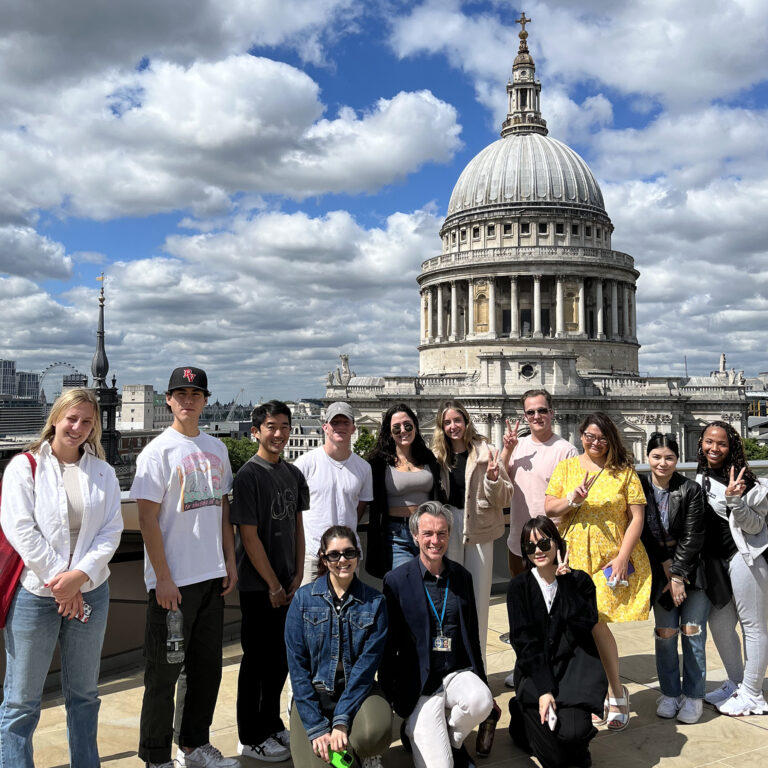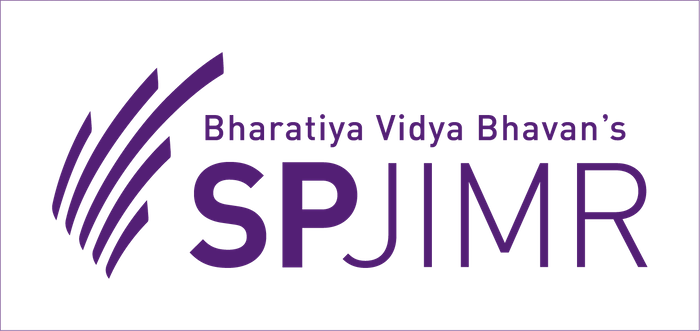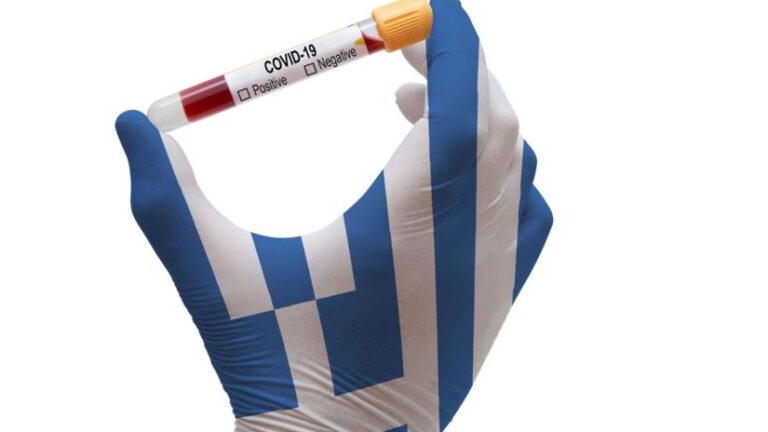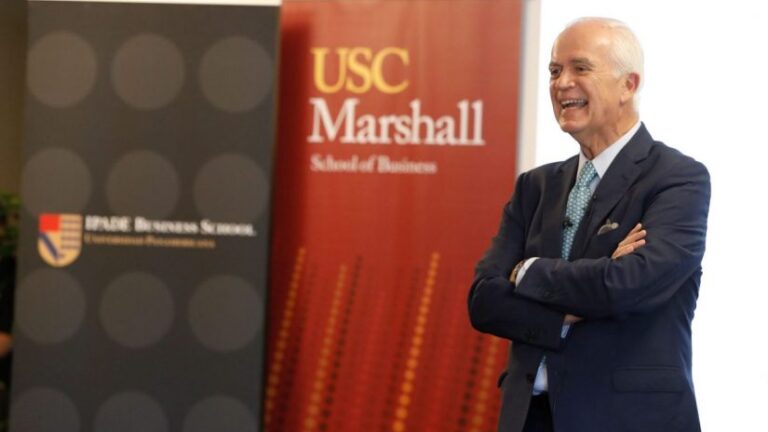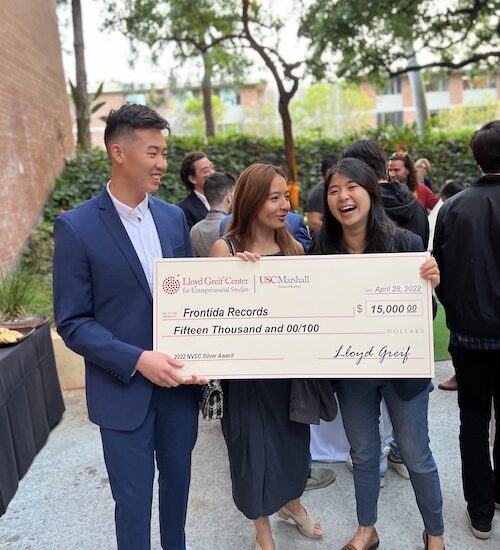
Frontida Records placed in a recent USC Marshall New Venture Seed Competition.
Alumna Increases Refugee Access to Medical Care with USC Marshall
The idea for Frontida Records was hatched by USC alumna Lauren Yen in order to help refugees gain better access to medical care.
Growing up in a medical family, Lauren Yen (Dornsife ’21) had some exposure to the more mundane aspects of patient care, including the copious record keeping good care requires. So when in 2020 she traveled to what was then one of the world’s largest refugee camp, Camp Moria in Greece, she was struck by the challenges clinicians there faced.
Patients’ paper record-keeping was haphazard, hard to read, and many clinicians didn’t have easy access to previous records – which hindered proper care. Yen realized there had to be a better way to create and access medical records in low-resource areas.
Yen and her cohort at the innovative USC Viterbi class Engineering and Design for Global Crisis had an idea. They envisioned a fully digital and customizable electronic health records (EHR) system that would live in the cloud, function on any device despite internet connectivity, and protect patient autonomy. Having medical records and evaluations easily created, stored, and accessible would immeasurably help clinicians improve patient care, even in the most remote surroundings. The idea for Frontida Records was born.
But like all nascent business ideas, this one needed help growing from an idea to reality. Enter USC Marshall’s Greif Incubator.
“The Greif Incubator gave us a huge jumpstart in everything from how to identify our market to helping us realize we had to organize our finances,” said Yen, who in 2022 earned a master’s degree in global health from the Keck School of USC. “It made all the difference when we entered our expansion phase.”
The biggest assist? Honing the elevator pitch.
“Paul [Orlando] and his team mentored us on how to succinctly explain our venture to potential partners,” said Vivianna Camarillo (Dornsife ’21), co-executive director of Frontida. Learning how to craft a pithy elevator pitch has helped them win numerous pitch competitions on campus, including the Social Venture Pitch Competition in 2022, in which they won $15,000.
This summer these skills paid off in an even bigger way. The United Nations’ Development Program, UNDP, chose Frontida Records as one of its featured 100 digital solutions of note through its Digital X Initiative.
“That I was even able to approach UNDP to discuss Frontida Records is in significant part owed to what I learned at the Incubator, said Camarillo. The resulting exposure has spiked conversion rates and attracted larger interest in the company. For example, Frontida is currently in consideration to partner with a large European Union-led trauma initiative focused on refugees from Ukraine.
The recognition has opened other doors as well. The company will be working with 10 community clinics in The Gambia this coming November and will be working with NGOs in the Philippines in January. The startup is developing its presence in refugee regions serving Ukrainians displaced by Russia’s ongoing invasion.
Paul Orlando, director of the Greif Incubator and an adjunct professor of entrepreneurship, said admitting Frontida to its incubator program was a no-brainer.
“We receive a lot of applicants to the Marshall/Greif Incubator and the Frontida Records team stood out as passionate about helping refugees gain access to medical care – an important problem area,” he said. “Others had approached this problem but without the same understanding that the Frontida team developed over time from direct on-site experience. We were happy to help them develop and grow their solution along the way.”
The mentorship Frontida Records received from the Greif Incubator continues giving.
“Paul is the kind of mentor you want because he not only generously invests in your business with abundant ideas, network, and resources, but he also genuinely cares for the founders as people,” said Yen, recalling how Orlando dropped what he was doing to walk around campus with her and co-founder Laura Roed to talk about Frontida’s progress. “Even though we’ve been out for a year now, he still keeps in touch and offers us resources and ideas.”
